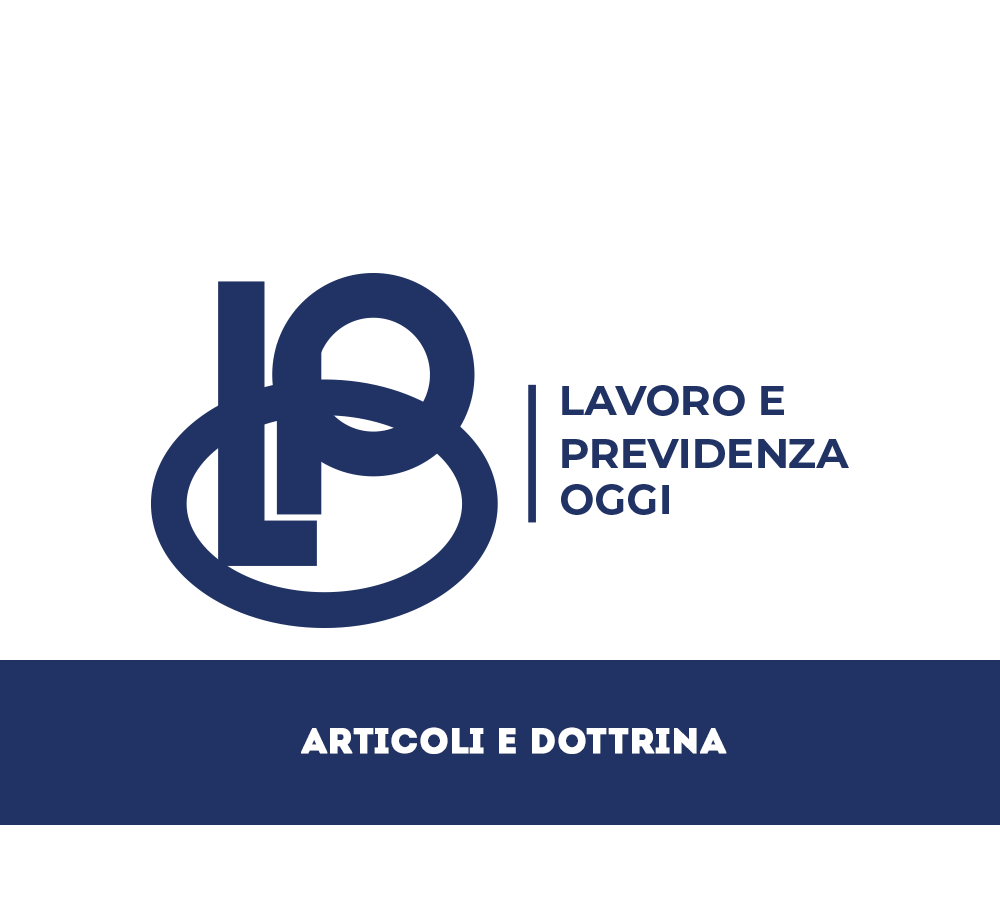Esercizio dello ius variandi e sistemi di classificazione dei lavoratori nella recente contrattazione collettiva

di Gianluca Giampà
Abstract
Il saggio esamina l’evoluzione della disciplina dei sistemi di inquadramento dei lavoratori e l’esercizio dello ius variandi nella recente contrattazione collettiva nazionale, a quasi un decennio dalla riforma dell’art. 2103 c.c., che ha indirettamente delegato ai contratti collettivi la definizione dei limiti dello ius variandi. Lo studio evidenzia come le parti sociali abbiano adottato approcci divergenti, con scelte talvolta comprensibilmente conservative dello status quo ante e altre volte scarsamente recettive rispetto alla necessità, sorta dopo la riforma, di distribuire sui diversi livelli contrattuali aree di professionalità omogenee.
The essay examines the evolution of systems for classifying workers and the regulation of contract modification in recent national collective agreements, nearly a decade after the reform of Article 2103 of the Italian Civil Code. This reform indirectly delegated to collective agreements the task of defining the boundaries of the employer’s right to modify the contract. The study highlights how collective agreements have adopted divergent approaches, sometimes understandably conservative in preserving the status quo ante, and at other times displaying limited responsiveness to the need, arising after the reform, to allocate homogeneous areas of professionalism across the various levels of classification schemes regulated by the collective agreements.

